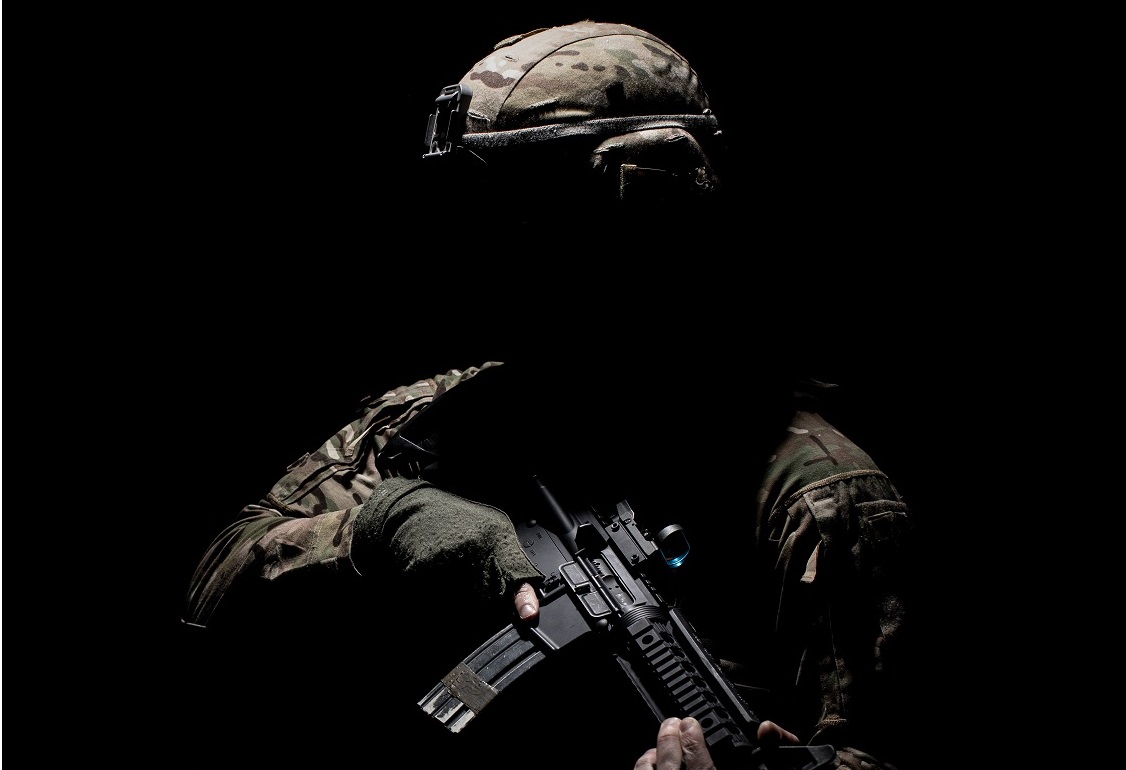Body armor is an essential piece of equipment for military personnel and law enforcement officers. In many cases, it can be the difference between life and death. But with so many different types of body armor on the market, how do you know which one to choose? One key factor to consider is weight. Lightweight body armor is becoming increasingly popular, offering greater mobility and comfort while still providing essential protection. In this blog post, we will discuss the importance of testing and certification for lightweight body armor.
The National Institute of Justice (NIJ) is responsible for testing and certifying body armor to ensure that it meets certain safety standards. The NIJ has developed a set of standards that body armor must meet to be certified. These standards include requirements for ballistic resistance, stab resistance, and other factors that impact the armor’s effectiveness. Lightweight body armor is subject to these same standards, so you can be confident that it will provide the protection you need.
When it comes to testing, the NIJ uses a testing protocol that involves shooting the armor with a specific type of bullet at a specific velocity. The armor must be able to stop the bullet without allowing it to penetrate the armor or cause too much injury to the wearer. Testing is done in a laboratory setting, and results are carefully monitored and recorded. Only armor that passes the testing protocol is certified by the NIJ.
It is important to note that not all lightweight body armor is created equal. Some manufacturers may claim that their armor is lightweight, but it may not meet the standards set by the NIJ. That’s why it’s essential to ensure that any body armor you purchase has been certified by the NIJ. This will give you peace of mind that the armor will provide the protection you need in a dangerous situation.
In addition to testing and certification, it is also important to properly care for your body armor. This means following the manufacturer’s instructions for cleaning and maintenance, as well as inspecting the armor regularly for any signs of wear or damage. If you notice any issues with your armor, it should be replaced immediately. It’s also a good idea to replace your body armor periodically, as over time it may lose effectiveness due to normal wear and tear.
When it comes to choosing lightweight body armor, testing and certification are key. Only armor that meets the safety standards set by the NIJ should be considered. By taking the time to research and carefully select your body armor, you can be confident that it will provide the protection you need when it matters most. Remember to properly care for your armor and replace it as needed to ensure that it is always effective. With the right lightweight body armor, you can have greater mobility and comfort while still staying safe in dangerous situations.
For more great articles, please click here.
